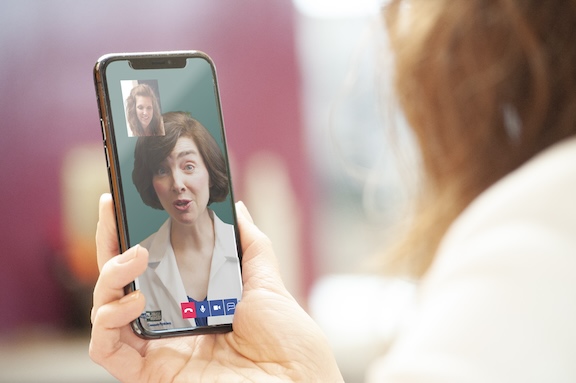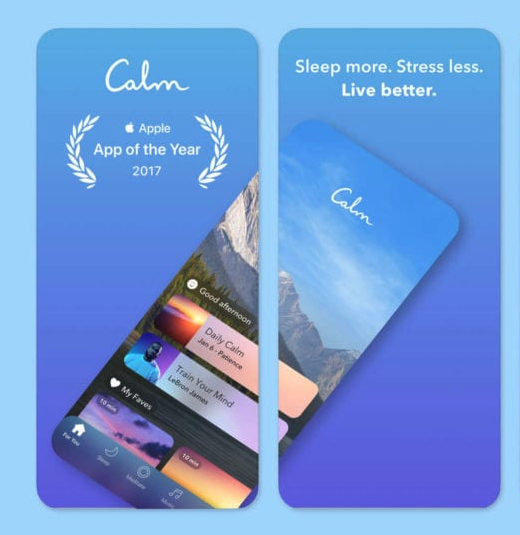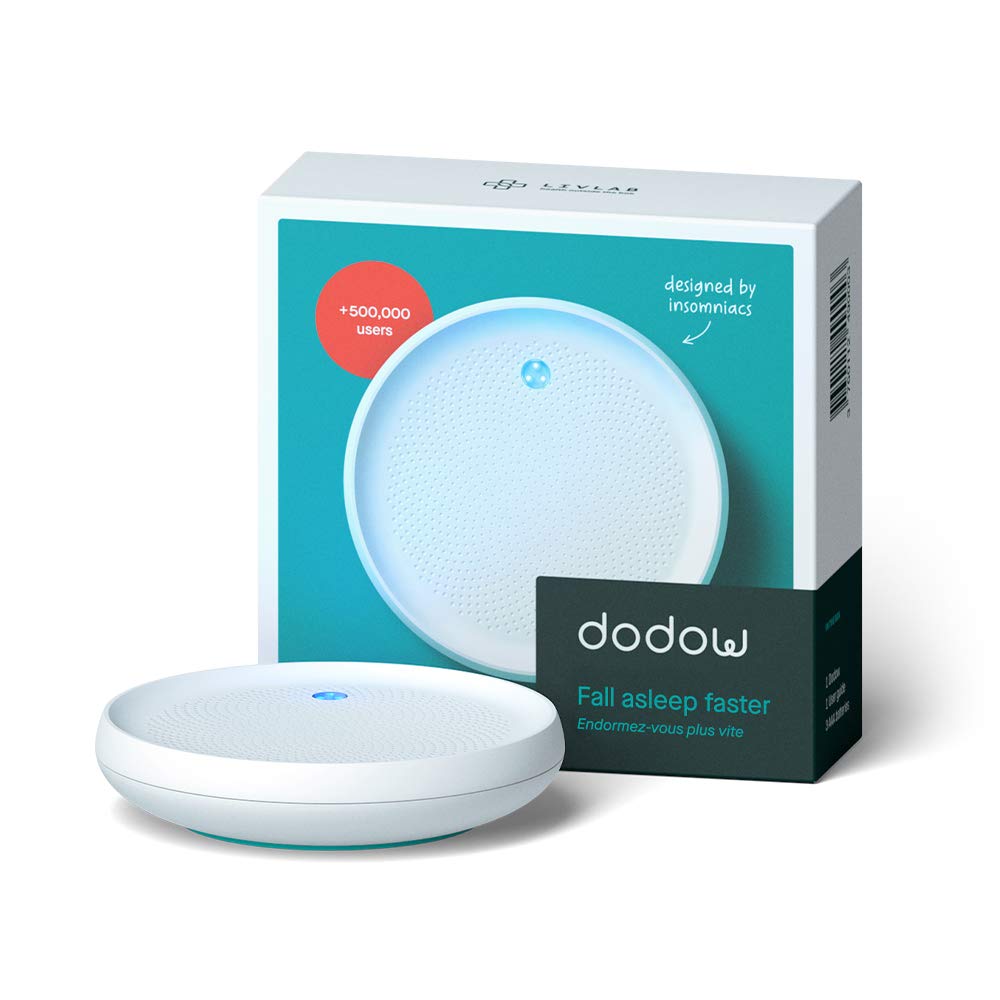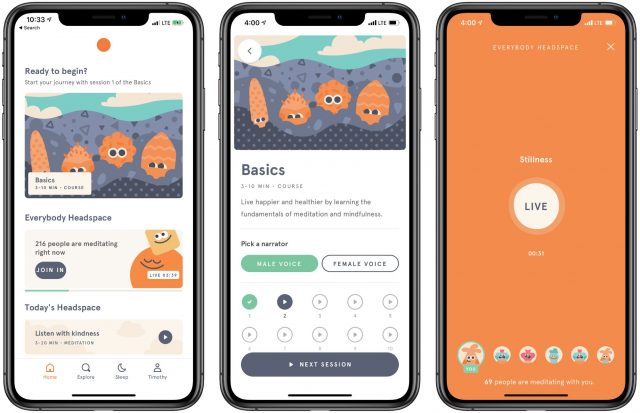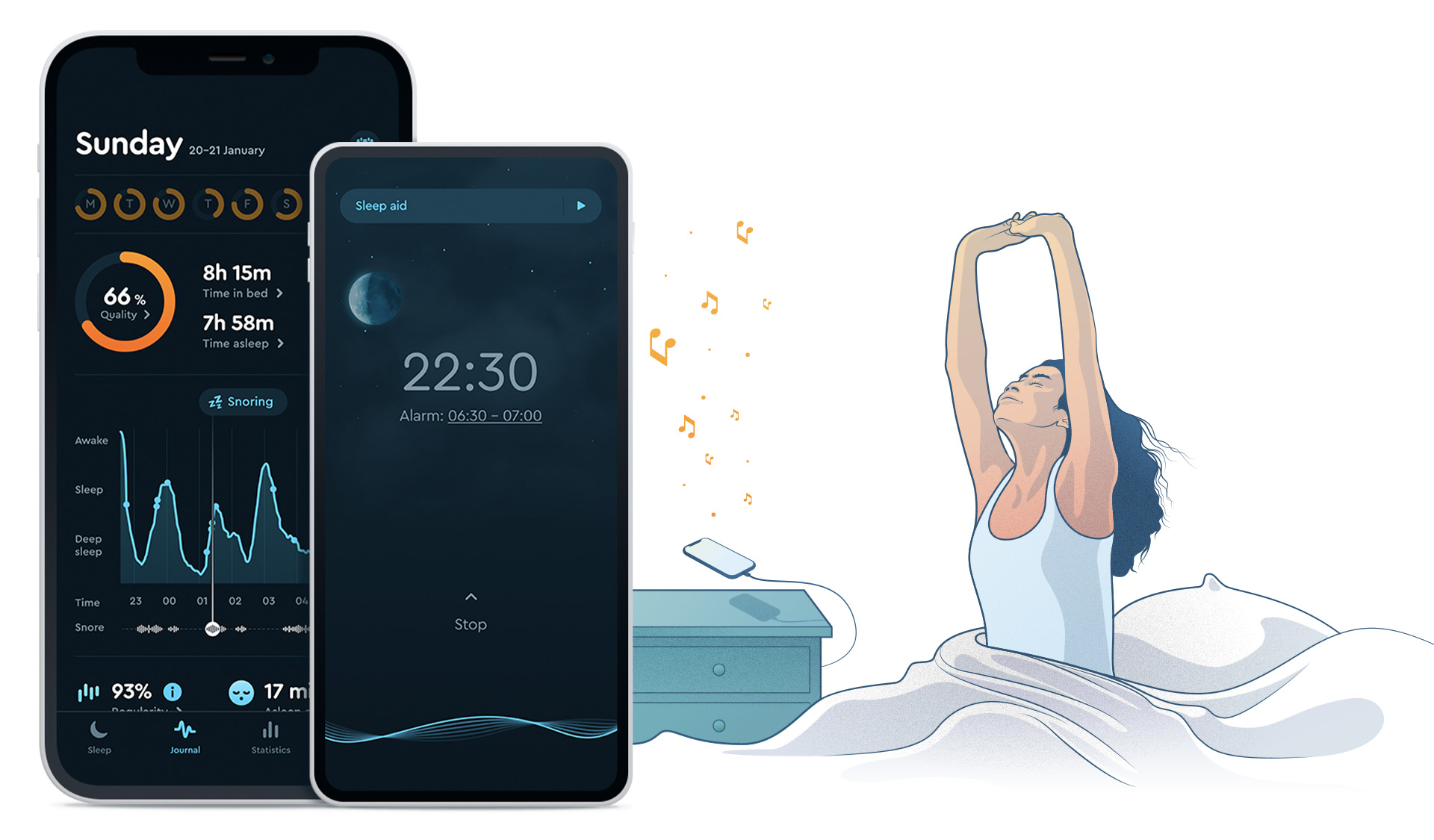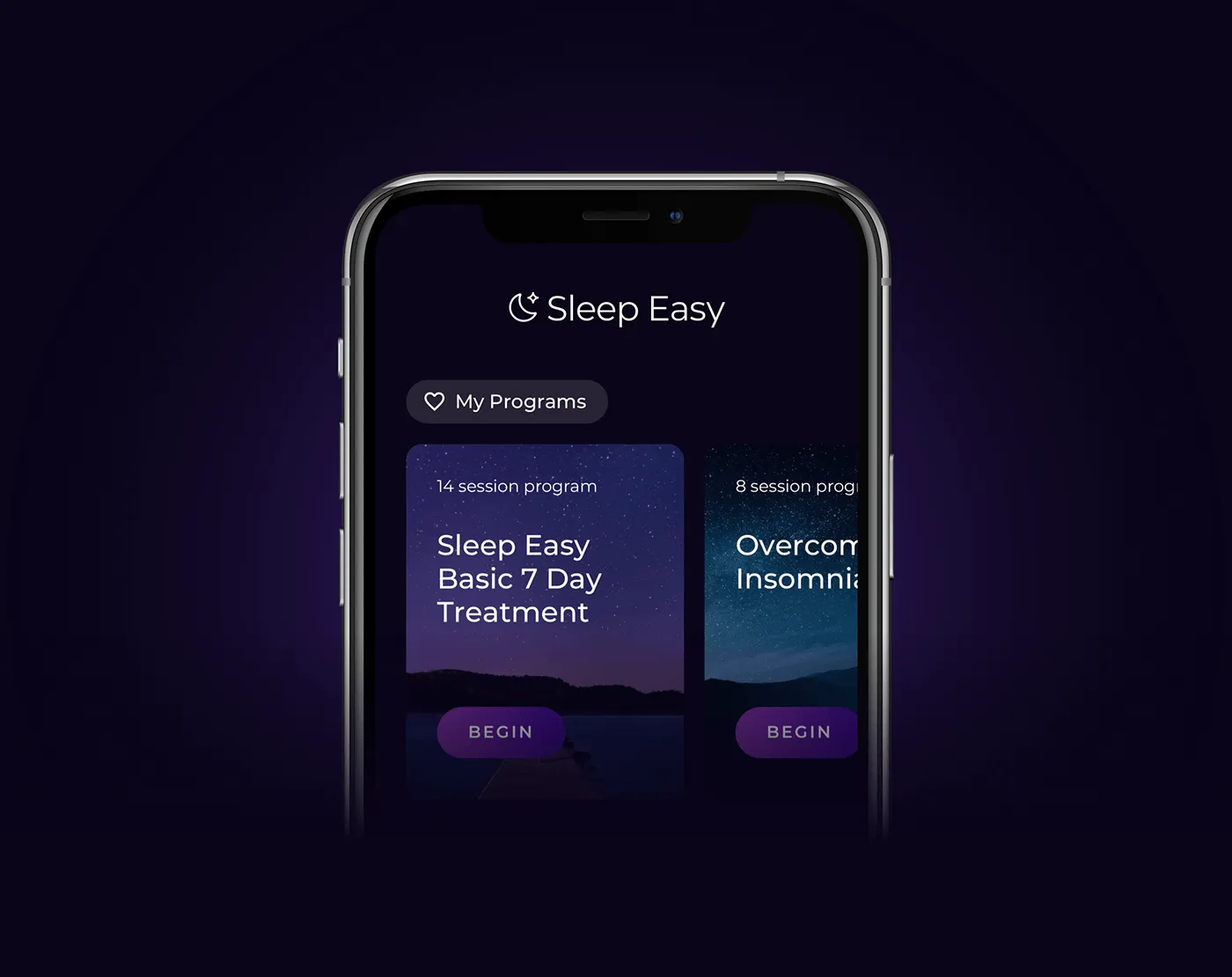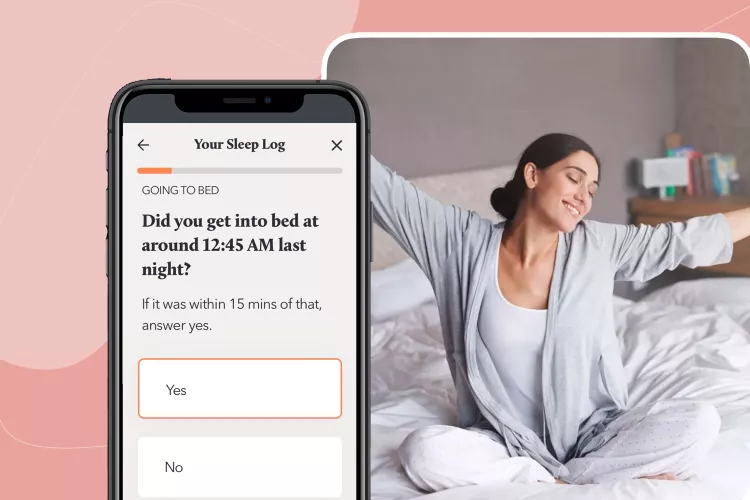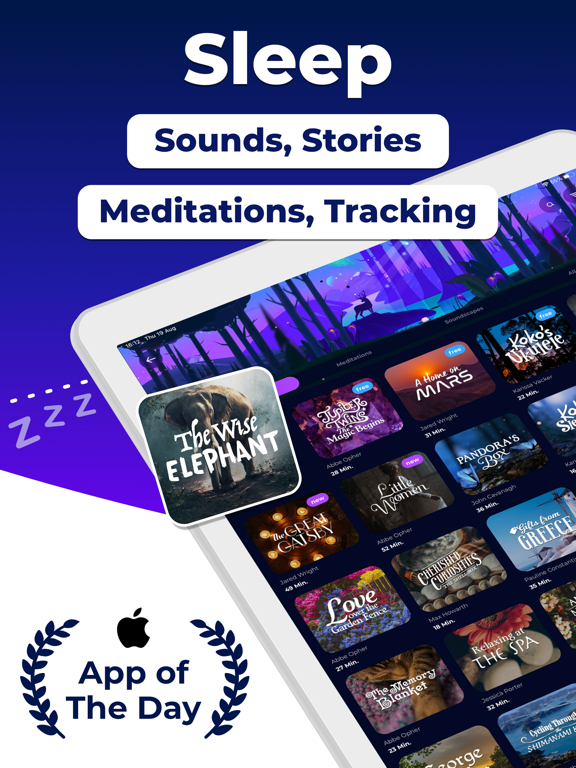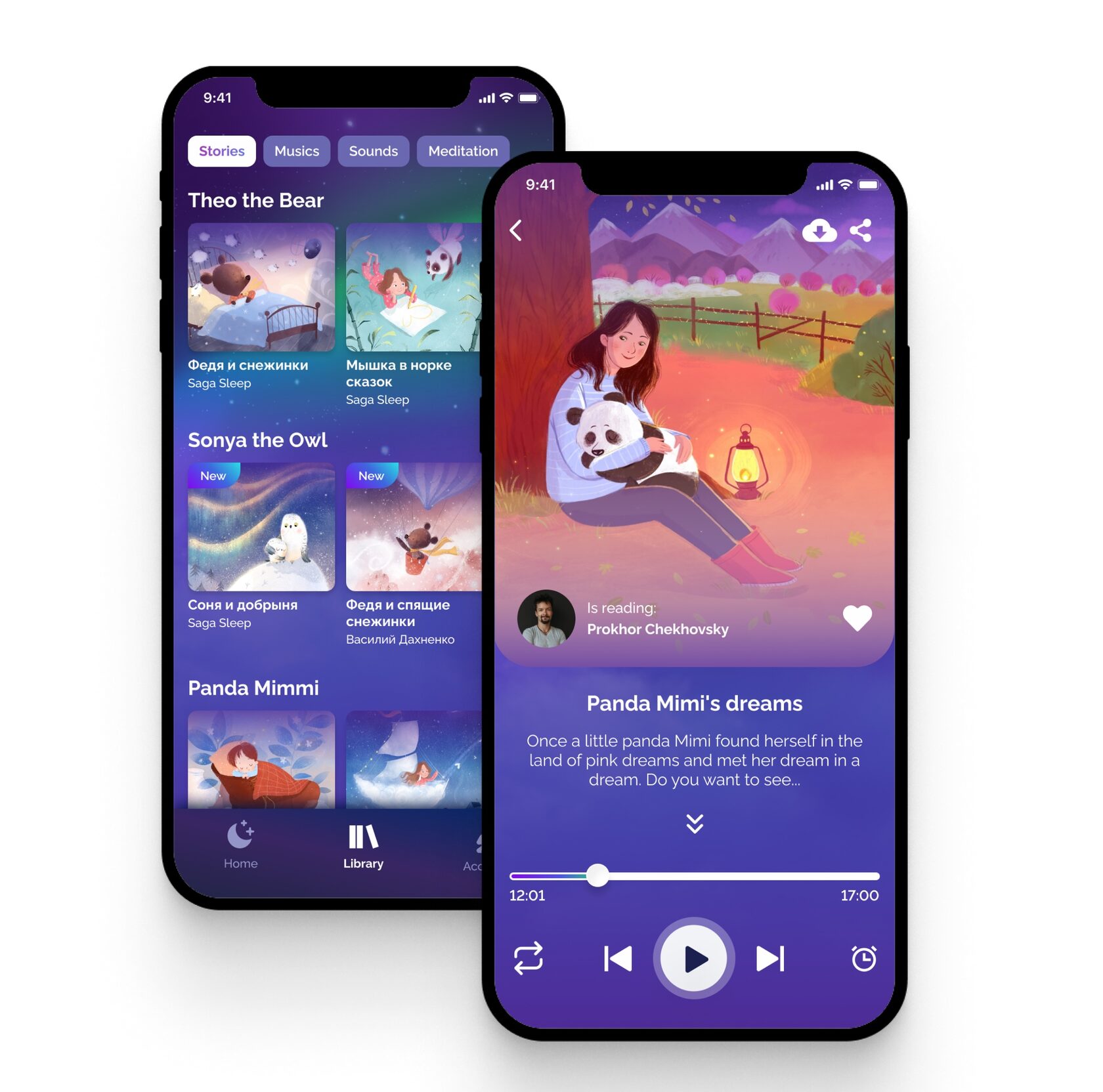Relaxation & Meditation
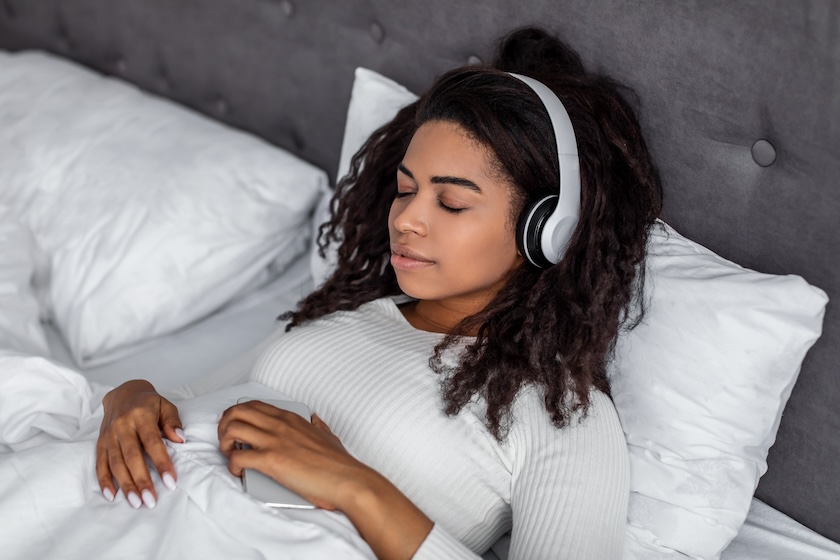
For many people, stress is a leading cause of sleep problems. Stress increases anxiety and tension, making it hard to fall asleep.
Relaxation and meditation can reduce this type of stress. They quiet the mind and body and can help improve sleep.
See how your sleep quality stacks up.
Start here to get a baseline on how well you sleep and where you can improve.
How Meditation and Relaxation Improve Sleep
Studies have shown that meditation improves your ability to relax. It also boosts your autonomic nervous system, which helps you stay asleep.
The Basics of Relaxation Techniques
Relaxation techniques are methods to calm your body and mind by doing things such as deep breathing, imagining a calm scene, or relaxing your muscles.

How to Identify if You Have Sleep Deprivation
Sleep deprivation is the result of your body not getting the rest it needs. It can negatively impact your physical, mental, and cognitive health. Learn how to spot the warning signs of this serious condition.
Learn MoreHow to Choose a Relaxation & Meditation App
- Content Focus: Decide between options like guided meditations, sleep stories, and breathwork/relaxation exercises based on your preferences.
- Sleep Tracking Compatibility: Check if the app can integrate with wearable devices for sleep tracking and analysis.
- Cognitive Behavioral Therapy (CBT)-Based Programs: Look to see whether apps offer CBT based programs for sleep improvement.
- Budget: Consider the cost of paid subscriptions and choose an app that fits your financial plan.
- User Interface and Experience: Evaluate the app's design, user interface, and overall user experience for ease of use and engagement.
Different Types of Relaxation & Meditation Apps
- Guided Meditations: Focus on mindfulness, body awareness, and calming the mind.
- Sleep Stories: Feature narrated bedtime stories to lull you to sleep.
- Nature Sounds and Music: Offer soothing ambient sounds and music to create a relaxing atmosphere.
- Breathwork and Relaxation Techniques: Provide exercises to induce calm and prepare the body and mind for sleep.
- Sleep Tracking and Analysis: Enable monitoring of sleep patterns and provide insights for improvement.
- Cognitive Behavioral Therapy (CBT)-Based Sleep Programs: Integrate CBT principles to address negative sleep thoughts and behaviors.
Who Might Benefit from a Relaxation & Meditation App
- Individuals struggling with falling asleep or staying asleep.
- People experiencing stress, anxiety, or racing thoughts before bed.
- Those seeking natural alternatives to sleeping medications.
- Individuals looking for CBT-based sleep improvement strategies.
Who Would Not Benefit from a Relaxation & Meditation App
- Individuals with severe mental health disorders.
- Those with advanced sleep disorders.
- People with limited technology literacy or access.
- Individuals who prefer personal interaction.
- Those with a history of trauma or PTSD.
- Individuals seeking a quick fix.

Relevant Research - Relaxation and Meditation
Relaxation and meditation apps have shown promise in improving sleep quality, according to medical research. These apps offer features like guided relaxation, sleep stories, and cognitive behavioral therapy (CBT) for insomnia. Studies indicate their effectiveness in reducing stress, anxiety, and sleep disorders. Notably, a review in The Annals of NY Academy of Sciences found mindfulness meditation interventions improved sleep quality significantly. A randomized clinical trial published in JAMA reported benefits in sleep quality and daytime functioning in older adults using mindfulness meditation. Furthermore, a study in Current Psychiatry Reports suggested that virtual Mindfulness-based interventions (MBI) are effective in reducing sleep disturbances, comparable to traditional treatments. A long-term study also confirmed sustained benefits of combining CBT-I with mindfulness meditation. While these findings focus on specific techniques like mindfulness and CBT, they highlight the potential of relaxation and meditation apps as valuable tools in managing sleep-related issues.
